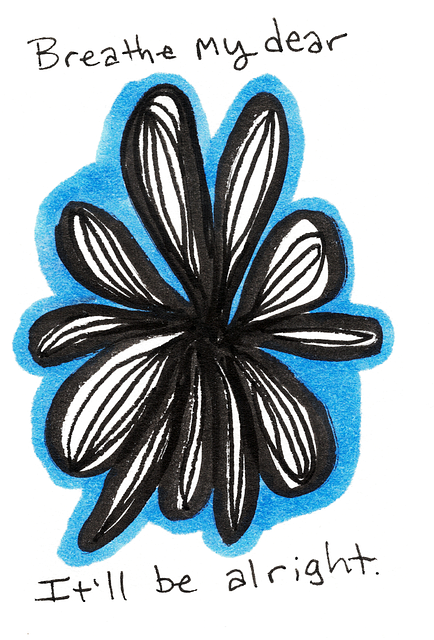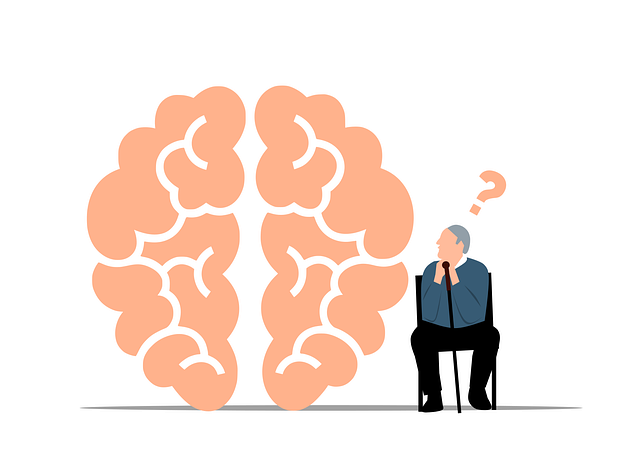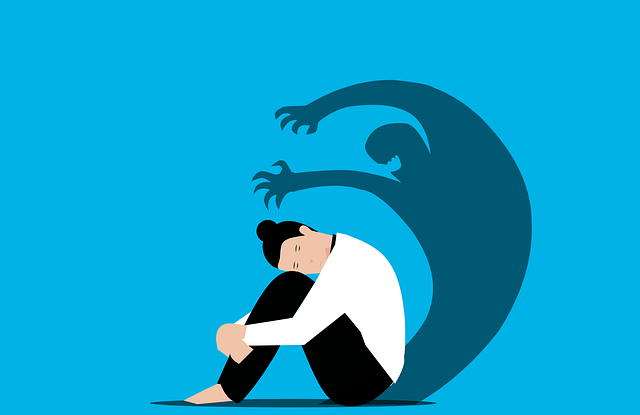Positive thinking through mindfulness and gratitude practices significantly improves mental well-being in elders with conduct disorder (CD). Adopting optimistic strategies like journaling and cognitive reframing challenges negative thought patterns, boosts self-esteem, and enhances resilience. Research shows these techniques prevent burnout, maintain energy, and motivation, even in therapy programs. Healthcare providers should integrate structured positive thinking exercises into CD treatment routines to foster healthier relationships and better outcomes for both patients and professionals.
Positive thinking exercises offer a promising approach to enhancing mental well-being, especially for elders affected by conduct disorder. This article explores the transformative power of positive thinking in mitigating the challenges posed by this condition. We delve into effective strategies, such as identifying and challenging negative thought patterns, designing structured routines, and integrating mindfulness and gratitude practices. By implementing these techniques, therapy for elders with conduct disorder becomes more accessible, fostering a path to improved mental health and overall well-being.
- Understanding Positive Thinking and Its Impact on Mental Health
- Identifying and Overcoming Negative Thought Patterns in Elders with Conduct Disorder
- Developing a Structured Positive Thinking Exercise Routine
- Incorporating Mindfulness and Gratitude Practices for Sustainable Change
Understanding Positive Thinking and Its Impact on Mental Health

Positive thinking is a powerful tool that can significantly impact an individual’s mental health and overall well-being. It involves cultivating a mindset focused on optimism, gratitude, and positive self-talk, which has been shown to reduce stress, anxiety, and depression. For elders struggling with conduct disorders, such as those seeking therapy for elders conduct disorder, adopting a positive thinking exercise can be transformative. This practice helps individuals challenge negative thought patterns, fostering a healthier relationship with themselves and their surroundings.
By incorporating positive thinking strategies, such as journaling, mindfulness practices, and compassion cultivation, elders can enhance their mental resilience and cope more effectively with challenges. These techniques promote self-esteem improvement by reframing failures as learning opportunities and reinforcing personal strengths. Moreover, research suggests that positive thinking can contribute to burnout prevention, ensuring individuals maintain a sense of energy and motivation in their daily lives, including engaging in therapeutic practices tailored to their needs, like those offered in therapy for elders conduct disorder programs.
Identifying and Overcoming Negative Thought Patterns in Elders with Conduct Disorder

Many elders with Conduct Disorder (CD) struggle with recurring negative thought patterns that can significantly impact their quality of life. These patterns often manifest as self-criticism, pessimism, and a tendency to focus on failures or negative experiences. Identifying and addressing these thoughts is crucial in therapy for elders with CD, aiming to enhance their overall well-being. Through various therapeutic techniques, such as cognitive behavioral therapy (CBT), professionals can help individuals challenge and reframe negative thoughts.
One effective strategy is promoting resilience building through self-care practices like mindfulness meditation. By encouraging a non-judgmental awareness of present moments, elders can learn to observe their thoughts without getting entangled in them. This practice fosters emotional regulation and strengthens the ability to respond adaptively to challenging situations, ultimately leading to improved mental health outcomes.
Developing a Structured Positive Thinking Exercise Routine

Developing a structured positive thinking exercise routine can significantly enhance emotional well-being promotion techniques, especially for elders facing challenges like conduct disorder. This involves dedicating specific times each day to practice mindfulness, gratitude, and cognitive reframing. For instance, starting the day with a few minutes of mindful breathing exercises can set a calm tone, reducing reactivity and improving coping skills development.
Healthcare providers playing a role in therapy for elders conduct disorder should also consider integrating burnout prevention strategies into these routines. By regularly incorporating positive thinking exercises, professionals can support not only emotional well-being promotion techniques for their patients but also their own. This holistic approach ensures sustained care quality, even in demanding situations, ultimately fostering healthier relationships and better outcomes for everyone involved.
Incorporating Mindfulness and Gratitude Practices for Sustainable Change

Incorporating mindfulness and gratitude practices is a powerful strategy for fostering sustainable positive thinking and mental wellness in elders with conduct disorder. These therapeutic techniques offer a unique approach to managing symptoms and promoting personal growth. Mindfulness, by encouraging individuals to focus on the present moment, helps break free from negative thought patterns and reduces reactive behaviors often associated with conduct disorders. Regular mindfulness exercises, such as meditation or mindful breathing, can enhance an elder’s ability to regulate their emotions and make more thoughtful decisions.
Gratitude practices, when combined with journaling, create a powerful mental wellness journal exercise guidance. Writing down the things one is grateful for each day shifts the focus towards positive aspects of life, fostering resilience and optimism. This simple yet profound practice can significantly contribute to stress management, as it promotes a sense of contentment and reduces rumination on negative experiences. By integrating mindfulness and gratitude into daily routines, elders with conduct disorder can experience lasting benefits that extend beyond therapy sessions, ultimately enhancing their overall quality of life.
Positive thinking exercises, when structured and incorporated into daily routines, can significantly enhance the mental well-being of elders with conduct disorder. By understanding the impact of positive thought patterns and combining them with mindfulness and gratitude practices, individuals in this demographic can experience sustainable changes. Overcoming negative thought cycles through targeted therapy, such as those discussed in this article, empowers elders to navigate their challenges with resilience and optimism, ultimately improving their quality of life.













